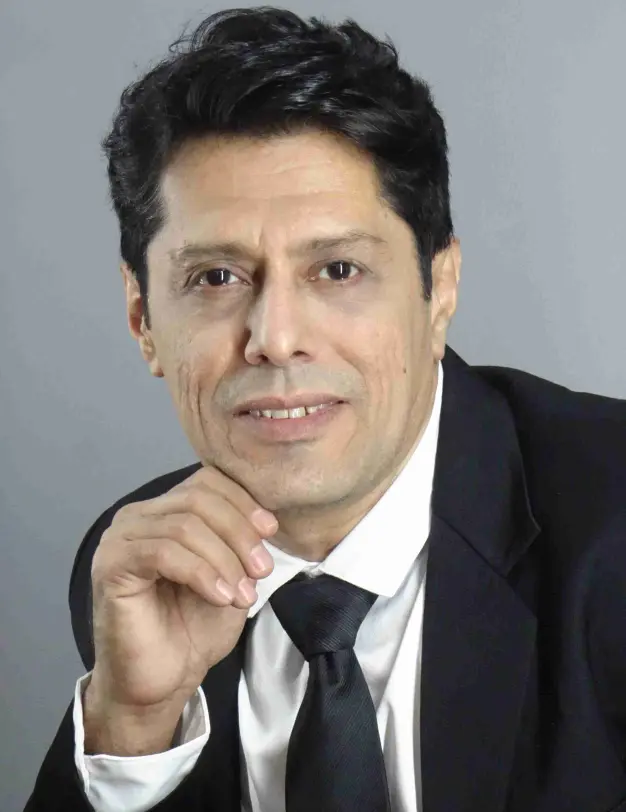
Delhi High Court sets aside a mechanical patent refusal in Tapas Chatterjee vs. Assistant Controller, reminding IPO to provide reasoned, logical orders.
If you’ve ever filed a patent in India and felt that the Controller’s order sounded like a “copy-paste” job with no real reasoning, you’re not alone. And thankfully, the Delhi High Court seems to agree.
In a recent case of Tapas Chatterjee vs. Assistant Controller of Patents and Designs (decided on October 6, 2025) the Court took a close look at how casually some patent applications are being refused.
And the verdict? A clear message to the Patent Office: do your homework properly.
The applicant, Mr. Tapas Chatterjee, had filed a patent for a process to recover potassium sulphate and other useful products from distillery spent wash, basically, a smart method to make something valuable out of waste, with clear environmental benefits (Zero Liquid Discharge or ZLD).
Sounds green and useful, right?
But the Patent Office refused it, citing lack of inventive step and a supposed violation of Section 3(d) the usual twin reasons we often see in refusals.
Justice Sanjeev Narula of the Delhi High Court wasn’t too happy with how the refusal was handled. The Court pointed out that the Controller:
- Didn’t properly explain how or why the invention was obvious.
- Simply made vague references to prior art without connecting the dots.
- Applied Section 3(d) mechanically, even though it wasn’t even relevant — because we’re talking about a process patent, not a new form of a known substance.
In short: no reasoning, no logic, no clarity.
The Court reminded the Controller that:
“A mere assertion that the invention lacks inventive step is not enough. The order must demonstrate how the invention would have been obvious to a skilled person.”
The Delhi High Court set aside the refusal and sent the case back for a fresh consideration, directing that it be heard by a different Controller.
That’s a strong signal, the Court didn’t just ask for a re-look, it wanted someone new to handle it, hinting that the first examination might have been too biased or sloppy.
The Delhi High Court set aside the refusal and sent the case back for a fresh consideration, directing that it be heard by a different Controller.
That’s a strong signal, the Court didn’t just ask for a re-look, it wanted someone new to handle it, hinting that the first examination might have been too biased or sloppy.
The Tapas Chatterjee case is more than just another remand order, it’s a gentle (or maybe not-so-gentle) nudge to the Indian Patent Office: reasoning matters.
For patent professionals, it’s a reminder that a well-crafted technical argument can make all the difference. And for inventors, it’s reassurance that the courts are paying attention when your innovation gets dismissed without due care
Written by Mahesh Bhagnari | Patent attorney in India
Patent attorney in India
I, Mahesh Bhagnari, am the Managing Principal of the firm:
- I am an Attorney at Law with Bar Council Registration № MAH/1574/2003.
- I am licensed to practice at the Intellectual Property Office as a Patent attorney in India and Design attorney in India with Registration № IN PA 1108.
- I am licensed to practice as a Trademark attorney in India with Registration № 10742.
- I have more than twenty years of professional experience working in the field of Intellectual property.

Contact Us
You can get in touch with us on address, emails and phone numbers given here.
Phone: +91.9860588440
email: info@bhagnari.com
You may make a phone call between 11:00 am and 11:00 pm India time.
Send all post and documents to the ULHASNAGAR office.
Ulhasnagar Office
Bhagnari & Co,
Block No: A/168/335,
Nr. Guru Nanak High School,
Ulhasnagar 421004,
Maharashtra, INDIA
+91.9860588440
Call us now
info@bhagnari.com
Send us an email
